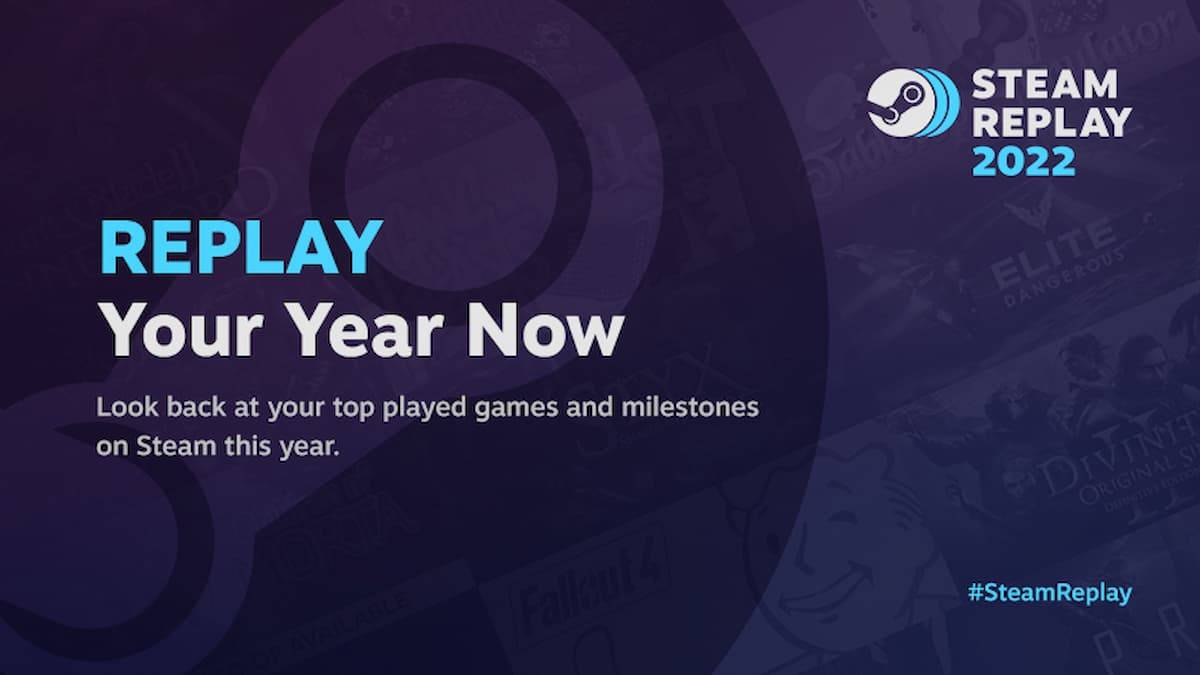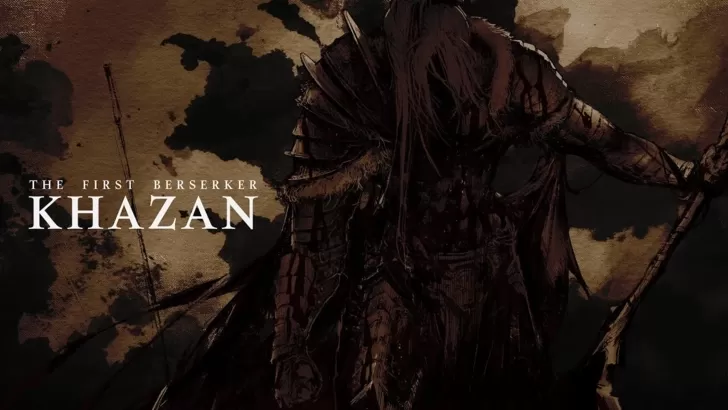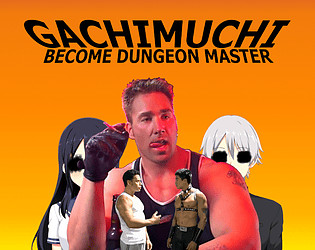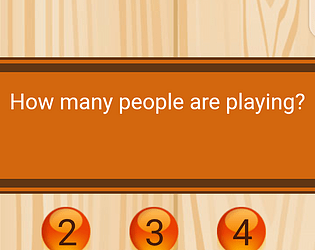By Azura, by Azura, by Azura – the rumors were true. Yesterday, Bethesda ignited the internet by unveiling Virtuos' remaster (or is it a remake?) of The Elder Scrolls IV: Oblivion. An 'Elder Scrolls Direct' event culminated in a surprise shadow-drop, instantly attracting hundreds of thousands of concurrent players. This global excitement feels like a much-needed beacon amidst the recent challenges Bethesda Game Studios has faced. From managing the fallout of Fallout 76's troubled launch to the lukewarm reception of their new sci-fi venture, Starfield, fans have been questioning whether Bethesda has lost its touch. The RPG landscape is now more competitive, with Larian Studios' Baldur’s Gate 3 and Obsidian’s The Outer Worlds series receiving critical acclaim as spiritual successors to Elder Scrolls and Fallout. While Elder Scrolls 6 and Fallout 5 remain years away, this re-release of Oblivion could be a pivotal move – just not in the way you might expect.
At its zenith, Bethesda Game Studios was the epitome of RPG excellence. In 2020, leaked Microsoft FTC documents revealed that Fallout 4 had sold an impressive 25 million units, with over 5 million sold in its first week alone, according to VGChartz. By 2023, Todd Howard announced that Skyrim had surpassed 60 million sales, though multiple re-releases undoubtedly played a role. In contrast, Starfield's sales estimates stand at just over three million units a year and a half after its launch. While considering Game Pass subscribers and the absence of a PlayStation version, this figure likely represents a disappointment for Bethesda. Even Starfield's dedicated fanbase has expressed dissatisfaction with the game's first expansion, Shattered Space.
This situation presents a significant challenge for the developer. With The Elder Scrolls 6 and Fallout 5 still distant dreams, how can this once-iconic RPG developer recapture the hearts of its fanbase? The solution may lie in revisiting their past.
Rumors of the Elder Scrolls IV: Oblivion remaster began circulating in September 2023, following leaked Microsoft documents that hinted at unannounced Bethesda projects, including a remaster of the 2006 classic (alongside another intriguing remaster we'll discuss shortly). Silence prevailed until January 2025, when a former Virtuos employee shared additional details, sparking debate among Elder Scrolls fans over their credibility, reminiscent of the Stormcloaks vs. the Imperials divide. Last week, the floodgates opened (albeit prematurely), setting the internet ablaze – Google searches for 'The Elder Scrolls IV: Oblivion' surged by 713% in the last week, reaching over 6.4 million. At its peak, Bethesda's reveal livestream garnered over half a million viewers. Despite the leaks (or perhaps because of them), more than 600,000 tuned in to witness a 19-year-old game's re-reveal. The fervent demand to play the remaster overwhelmed discount game key sites like CDKeys, causing them to crash, while slowing down Fanatical and Green Man Gaming. As of yesterday, Steam reported 125,000 concurrent players, with Oblivion firmly positioned as the #1 best seller. The enthusiasm Bethesda fans have for Oblivion burns as brightly as the flames that spill from the Oblivion gates themselves.
The message from players is clear: if you (re)build it, they will come. What better way to keep fans engaged and invested during these lengthy development periods than to invite them to revisit the mysterious isles of Morrowind or the post-apocalyptic landscapes of the East Coast? From a commercial perspective, this strategy is a no-brainer. While Bethesda's primary development team works on long-gestating new projects, trusted partners like Virtuos can leverage historic blueprints to create remasters in shorter time frames. These remasters tap into games with established audiences, and for many, they represent the first RPGs of their generation. By restoring these classics, Bethesda not only re-engages existing fans but also introduces a new generation to the wonders of Tamriel and the post-apocalyptic world of Fallout.
Bethesda has previously utilized this strategy to great effect. During the first season of the Fallout TV show on Prime Video, Fallout 4 was discounted by up to 75%, accompanied by a timely next-gen update that included nods to the show. As a result, Fallout 4 sales surged over 7,500% in Europe, despite the game being nearly a decade old.
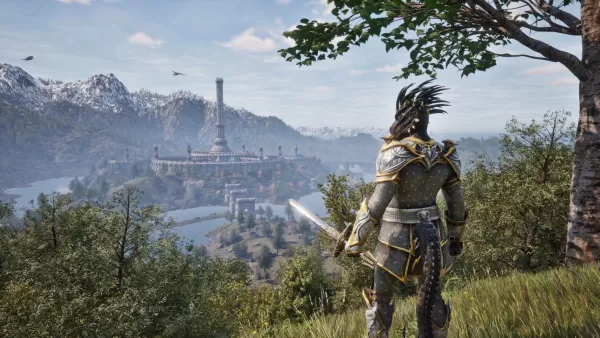 Oblivion Remastered offers a visit to the past that looks like the future. Image credit: Bethesda / Virtuos
Oblivion Remastered offers a visit to the past that looks like the future. Image credit: Bethesda / Virtuos
Looking back at Microsoft's leaked Bethesda roadmap, many noted that a Fallout 3 remaster was slated to follow Oblivion two years later. Although the timelines have shifted – Oblivion was originally slated for fiscal year 2022 – if the original gaps remain consistent, a Fallout 3 remake might be expected in 2026, coinciding with the second season of the Fallout TV series. Given the show's shift to New Vegas, could Bethesda be planning a surprise New Vegas remake? The synchronicity between the show's first season and Fallout 4's vibe suggests that Bethesda might be planning something even more strategic for the New Vegas-focused second season. After shadow-dropping Oblivion, it's not beyond the realm of possibility that a New Vegas Remastered trailer could be waiting at the end of Fallout Season 2's finale.
The message from players is clear: if you (re)build it, they will come. However, if there's one game in Bethesda's catalog that truly deserves a remake, it's undoubtedly The Elder Scrolls III: Morrowind. Elder Scrolls fans have long been clamoring for this, with some even remaking Morrowind using Skyrim's tools, a project known as Skyblivion. Yet, remaking Morrowind poses unique challenges. It stands at the crossroads of Bethesda's evolution as a studio – its structure differs significantly from modern Elder Scrolls games. It's only partially voiced, relies heavily on text-based storytelling, lacks quest markers (requiring players to manually note directions from NPCs), and features non-existent combat physics. While Virtuos managed to revamp some of Oblivion's more clunky systems, Morrowind is essentially a clunky system itself. This is both its charm and its challenge. Remaking Morrowind is a delicate balance; modernize it too much, and you risk losing its original magic; retain too many outdated elements, and it might feel worse than a severe skooma hangover.
When a studio becomes synonymous with a gaming sub-genre, the challenge lies in innovating and evolving while retaining its audience. Rockstar Games has successfully kept Grand Theft Auto players engaged for over a decade with the ever-expanding world of GTA Online, which in turn funds the rumored hefty budget for GTA 6. Bethesda's forte is crafting richly detailed, expansive single-player worlds – Elder Scrolls Online and Fallout 76 don't quite capture the same essence. However, the overwhelming response to Virtuos' Oblivion remaster demonstrates that gamers are eager to dive back into the historic worlds of Elder Scrolls. Not every remaster guarantees success – as seen with Rockstar's GTA Definitive Editions – but for Bethesda, breathing new life into old classics could be the key to regaining its crown as the king of modern RPGs.

